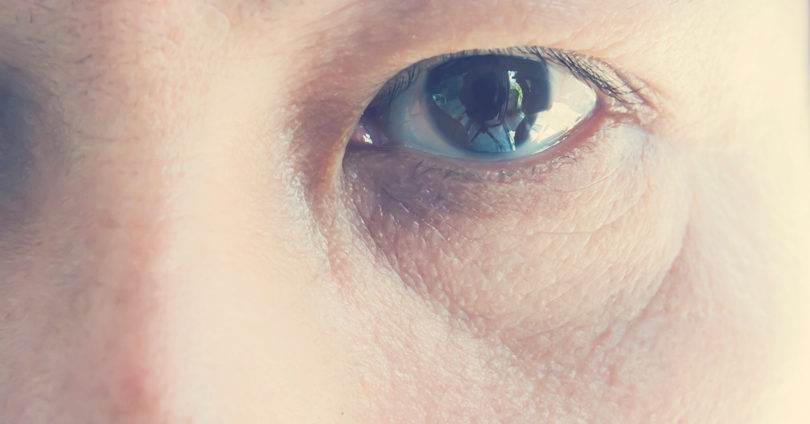Dr. Peter Kertes, Sunnybrook’s chief of ophthalmology, said getting older means our eyes get older too – and we may start to notice at around age 40.
“The lens that sits behind the iris helps our eyes focus. It changes as we age and becomes less malleable,” he said. “Because it can’t change shape as it once did, we may have trouble seeing things up close around age 40.”
So, it might be time for reading glasses.
“If the ‘cheater’ glasses you can find at a pharmacy help you see better, those are fine,” he said. “But you may get better vision correction from prescription lenses.”
It’s important to get your eyes checked regularly, Dr. Kertes said.
In addition to how well you see, he said, a visit to the eye doctor can help determine your risk for other age-related diseases of the eye:
Glaucoma: Glaucoma is a disease of the optic nerve that results in vision loss over time. But it can sneak up on you, so it’s important to keep up with your regular eye checks. Glaucoma can be controlled through special eye drops, surgical correction and regular eye exams to keep watch on progression.
Cataracts: Cataracts are the clouding of the lens of your eye (which is normally clear). Cataracts cause blurred vision. Basically, everyone who lives into older age will develop cataracts, Dr. Kertes said. They are very common and very treatable.
Macular Degeneration: This is the deterioration of the part of the retina that’s responsible for your central straight-ahead vision. Macular degeneration is common as we age. Usually there are symptoms like blurred or distorted vision or difficulty with central, straight-ahead vision. A family history of macular degeneration can raise your risk. A history of smoking cigarettes also increases your risk.
As for prevention of age-related issues of the eyes, Dr. Kertes says follow this rule: “What’s good for you is good for your eyes.”
- If you smoke, consider quitting.
- Eat a well-balanced diet with lots of green, leafy vegetables and omega 3s (from fish and nuts).
- Control your blood pressure and blood sugar. High blood sugar and high blood pressure can put you at risk for diabetic retinopathy, a complication that’s caused by damage to the blood vessels in the eyes. (Exercise and eat a well-balanced diet. Talk to your doctor about blood pressure and blood sugar if you want to know more).








